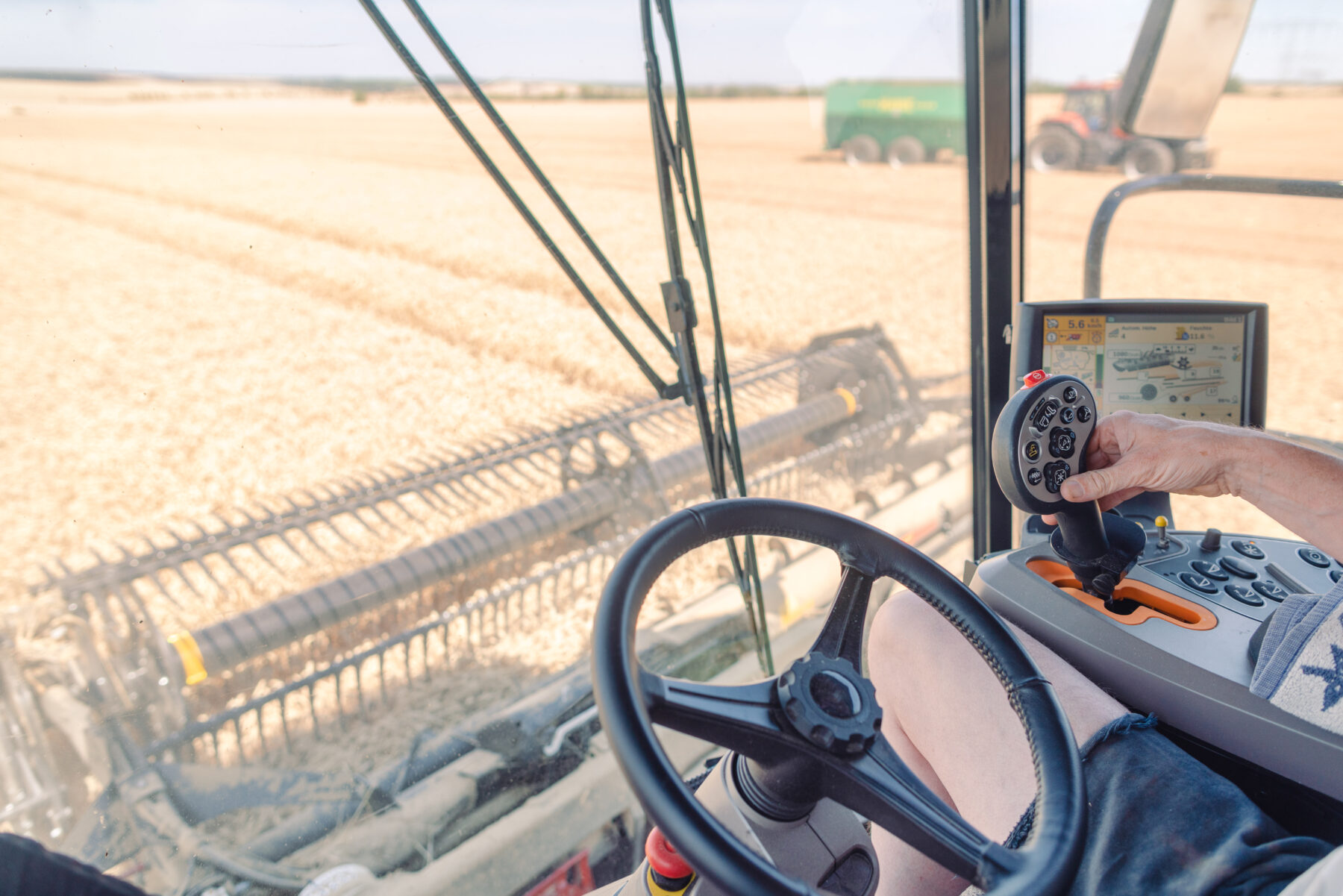In industrial environments, maintaining precision and efficiency is critical to smooth operations. Integrating sensors for auto-calibration offers a practical solution, reducing operator workload while enhancing overall system performance. This technology plays an increasingly important role in modern industrial settings, delivering measurable improvements in productivity and reliability.
The Challenge of Manual Calibration
Traditionally, calibration processes have relied heavily on manual intervention. Operators must regularly adjust and fine-tune equipment to maintain accuracy and reliability. This approach, while functional, presents several challenges:
- Time-consuming procedures
- Increased risk of human error
- Inconsistent results across different operators
- Reduced productivity due to downtime during calibration
Enter Auto-Calibration Sensors
Auto-calibration sensors address these challenges head-on. By automating the calibration process, these sensors offer a range of benefits:
- Enhanced Precision: Sensors can detect minute changes and make adjustments with a level of precision that surpasses human capabilities. This leads to more accurate and consistent results across all operations.
- Reduced Human Error: By minimizing manual intervention, auto-calibration sensors significantly reduce the risk of errors associated with human factors such as fatigue or distraction.
- Improved Efficiency: Automated calibration processes are typically faster than manual methods, reducing downtime and increasing overall operational efficiency.
- Consistent Performance: Auto-calibration ensures that equipment performs consistently, regardless of the operator or shift, leading to more uniform output quality.
- Data-Driven Insights: Many auto-calibration systems collect and analyze data over time, providing valuable insights into equipment performance and potential maintenance needs.
Implementing Auto-Calibration Sensors
Integrating auto-calibration sensors into your existing systems requires careful planning and expertise. This is where embedded software engineering services from RFA Engineering come into play. Our team of skilled engineers can design and implement custom auto-calibration solutions tailored to your specific equipment and operational needs.
Key considerations for implementation include:
- Selecting appropriate sensors for your specific application
- Designing robust algorithms for accurate calibration
- Integrating the auto-calibration system with existing equipment
- Ensuring seamless data communication between sensors and control systems
- Developing user-friendly interfaces for monitoring and manual override when necessary
The Impact on Operators
Auto-calibration solutions allow operators to get up and running faster, minimize production overhead, and focus on higher-value activities like safe operating procedures. This transition not only reduces the physical and mental burden on operators but also allows them to develop new skills and take on more strategic roles within the organization.
Future Advances in Auto-Calibration
As technology continues to advance, we can expect auto-calibration systems to become even more sophisticated. Machine learning algorithms are being used to further enhance the precision and predictive capabilities of these systems, leading to even greater efficiencies and reduced downtime.
Unlocking the Full Potential of Auto-Calibration
Integrating sensors for auto-calibration is more than just a technological upgrade—it’s a strategic move toward more efficient, precise, and reliable operations. By automating calibration and improving overall system performance, auto-calibration sensors pave the way for a more productive and competitive industrial environment. Are you ready to implement custom auto-calibration solutions? RFA Engineering’s team of experts can help with embedded software development and other engineering tasks to meet your unique challenges. Contact us today to explore how we can support your engineering needs through innovative solutions.
